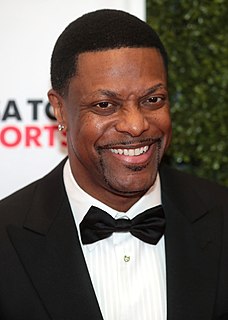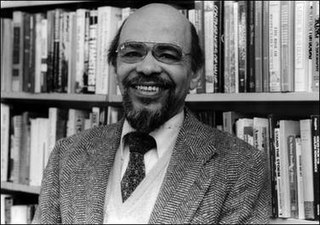A Quote by Martin Luther King, Jr.
I think that we've got to come to see this. The Negro is an American.
Related Quotes
I got pictures of us and they would draw big red rings around us and tell what they thought of us. I got a letter said, "I have been shot three times throught the heart. I hope I see your second act." But this white man who wants to stay white, and to think for the Negro, he is not only destroying the Negro, he is destroying himself, because a house divided against itself cannot stand and that same thing applies to America.
We know nothing about Africa, although our roots are there in terms of our forbearers. But I mean as far as the average Negro today, he knows nothing about Africa. And I think he's got to face the fact that he is an American, his culture is basically American, and one becomes adjusted to this when he realizes what, what he is.
Alpha Phi Alpha, the oldest of Negro Fraternities, with all of its members presumably far above the average American and having a good practical understanding of the salient factors involved in the Negro's problem, and which a membership upwards of eight thousand men, should be able to take into their hands the leadership in the Negro's struggle for status.
Negro writers, just by being black, have been on the blacklist all our lives. Do you know that there are libraries in our country that will not stock a book by a Negro writer, not even as a gift? There are towns where Negro newspapers and magazines cannot be sold except surreptitiously. There are American magazines that have never published anything by Negroes. There are film studios that have never hired a Negro writer. Censorship for us begins at the color line.
I maintain that I have been a Negro three times--a Negro baby, a Negro girl and a Negro woman. Still, if you have received no clear cut impression of what the Negro in America is like, then you are in the same place with me. There is no The Negro here. Our lives are so diversified, internal attitudes so varied, appearances and capabilities so different, that there is no possible classification so catholic that it will cover us all, except My people! My people!
I use African-American, because I teach African Studies as well as African-American Studies, so it's easy, neat and convenient. But sometimes, when you're in a barber shop, somebody'll say, "Did you see what that Negro did?" A lot of people slip in and out of different terms effortlessly, and I don't think the thought police should be on patrol.
Adam Clayton Powell's entire political career has to be looked at in the entire context of the American history and the history of, and the position of the Afro- American or negro in American history. [He] has done a remarkable job in fighting for rights of black people in this country. On the other hand, he probably hasn't done as much as he could or as much as he should because he is the most independent negro politician in this country.
The history of the American Negro is the history of this strife, - this longing to attain self-conscious manhood, to merge his double self into a better and truer self. In this merging he wishes neither of the older selves to be lost... He simply wishes to make it possible for a man to be both a Negro and an American.






































